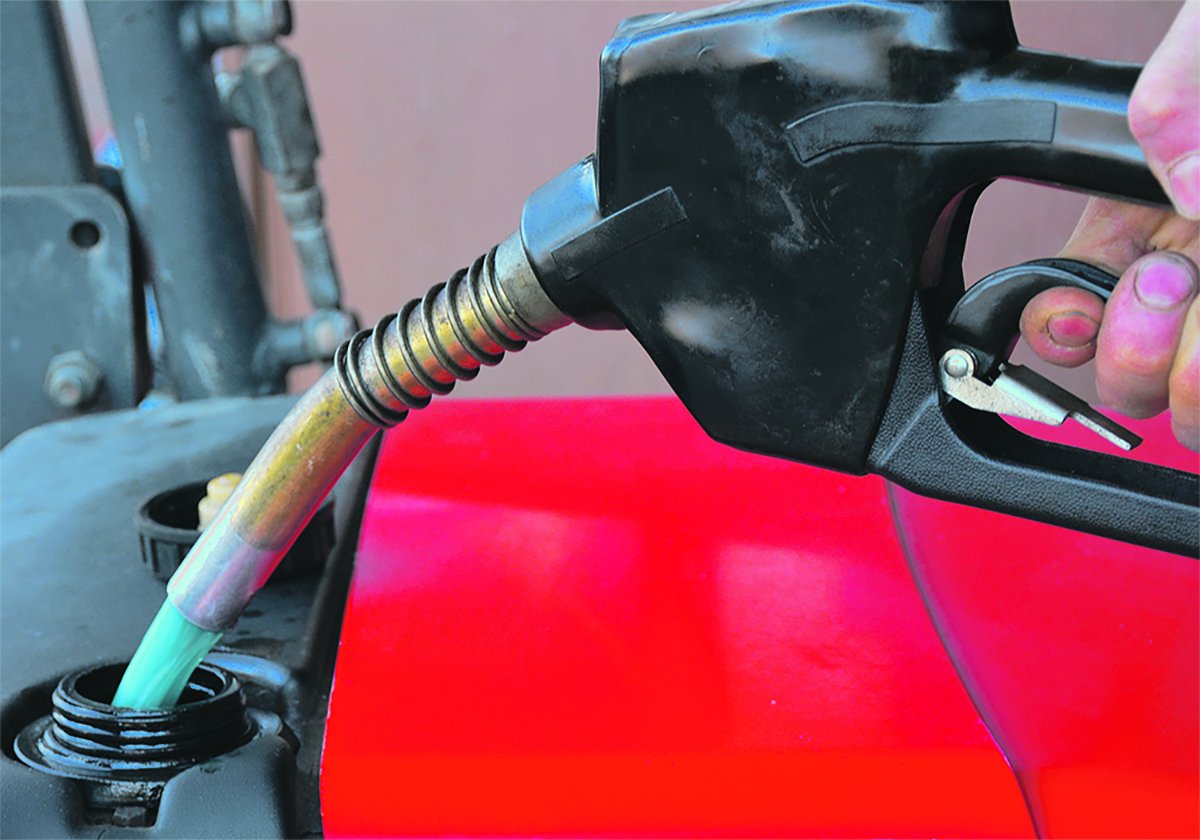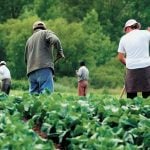TOKYO, Japan – Japan might be one of the biggest users of canola oil in the world, but Canadian oilseed crushers won’t be able to take advantage of the market for the foreseeable future.
Canada’s biggest export to Japan is canola seed, worth $773 million in 1996.
But for years Canada has pushed Japan to treat processed canola oil the same as raw seed, which enters the country tariff-free. It is called the “zero-for-zero” proposal.
Little progress was made in the last round of international trade talks and Canadian agriculture minister Ralph Goodale says not much has changed.
Read Also

Alberta may eliminate marked fuel
Alberta may soon stop selling dyed gasoline and diesel.
“The chance of getting a broad, zero-for-zero regime in place before the next multilateral (trade negotiation) round is, quite frankly, pretty remote,” Goodale told reporters March 15 while on an agriculture and food trade mission to Japan and Indonesia.
The previous day, Goodale had met with Japanese agriculture minister Takeo Fujimoto and state secretary for agriculture Kousuke Hori. Canola was on the agenda.
Goodale said the Japanese believe they have already taken on large commitments to allow more food imports under the last international trade agreement and won’t do more until the issue is raised in the next round, expected to begin in two years.
“But we will keep the issue alive and put down our markers at every opportunity,” Goodale said.
China coming on board
He believed he made some impact when he reminded Fujimoto that China is about to enter the World Trade Organization.
“In all of our interests, when China comes into the situation, it would be better if we had the zero-for-zero approach. It would be unfortunate if the Chinese were able to point to the Japanese example and say that is the way they want to go.”
The issue of genetically altered canola also came up in the ministerial meeting and Goodale’s meeting with the Japanese Oilseed Processors Association.
As in Europe, there is growing consumer apprehension here about the long-term impacts of genetically altered plants. The Japanese government approved importation of genetically altered canola and other crops last year.
“But the Japanese want our co-operation, and we are happy to provide it, in informing the public about the health and safety of transgenic varieties,” Goodale said.
He also pressed the Japanese minister to consider, as Japan develops its rules for genetically altered foods, making no new requirements for approved gene altered plants that undergo further alteration through traditional plant breeding.
Another issue Goodale and Fujimoto discussed was peas.
The Japanese treat all peas the same, whether they are for human consumption or animal feed.
Canadian feed pea producers would like to supply some of Japan’s protein needs, but are at a disadvantage to other feed ingredients that come in at low tariffs.
Canada is trying to get the Japanese to make a distinction between peas for human and animal consumption.
“We have undertaken to show scientific analysis to demonstrate how field peas can be a better, cheaper source of protein for livestock and they have agreed to receive that and consider our points,” he said.
Considering hay
Goodale said Canada is also making progress in convincing the Japanese that Canadian baled hay is safe to import after going through a new fumigation system developed by Canada.
Japan recently approved importation of some varieties of Canadian tomatoes and Canada is pushing to get the Japanese to expedite approval when new varieties are introduced.














